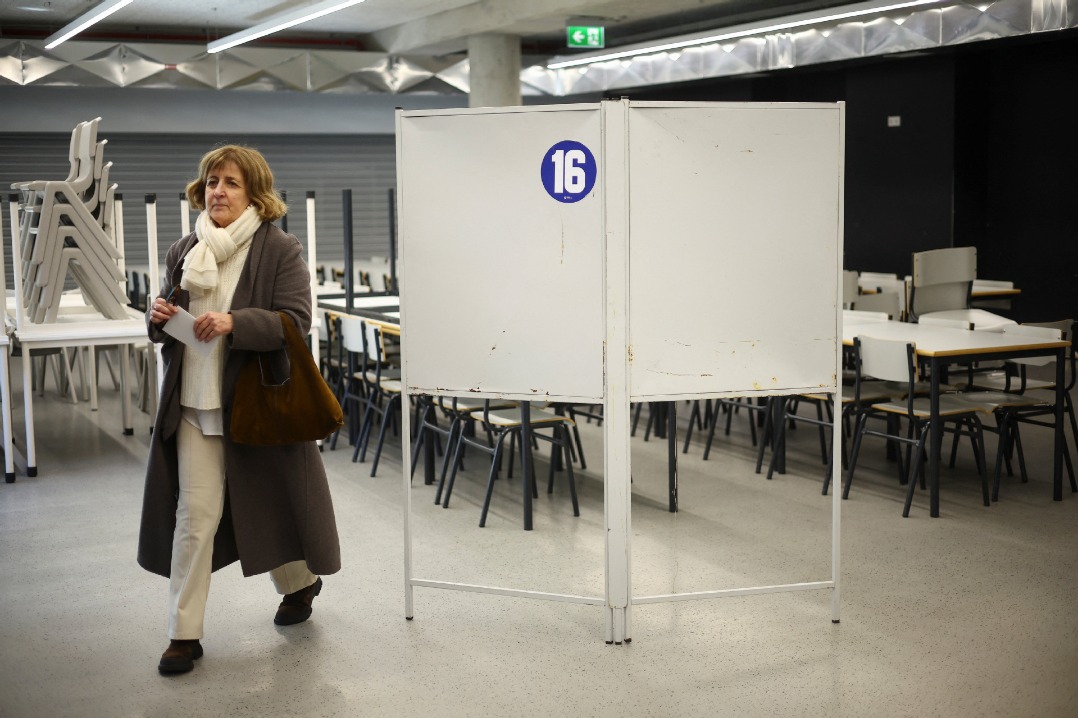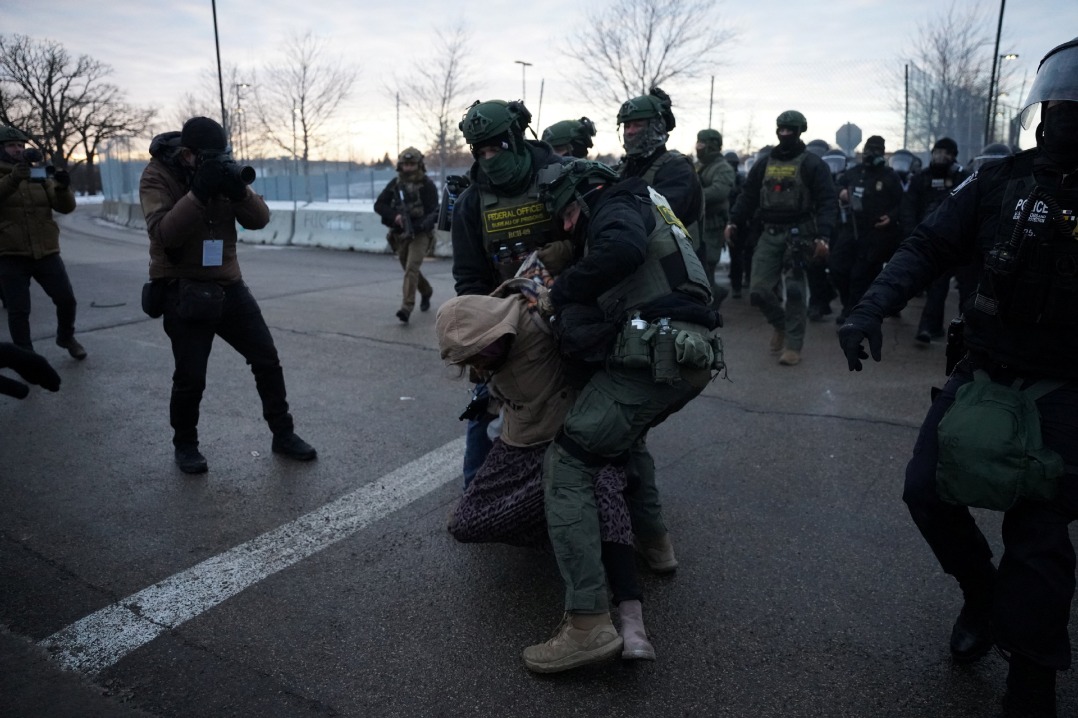Colombians hopeful of peace negotiations

Peace negotiations between the government of Colombia and armed guerrilla groups stumbled at the beginning of the year, but there may be a path forward for more lasting peace with a new round of talks set to begin in Mexico City on Jan 23.
The current crisis in the talks was caused by a government announcement on Jan 1 of a six-month multilateral cease-fire agreement with five different organizations. That landmark declaration by the young government of President Gustavo Petro was undercut by one of the largest armed militias in the country, which denied being aware of or participating in any deal.
"The ELN Dialogue Delegation has not discussed with the government of Gustavo Petro any proposal for a bilateral cease-fire. Therefore, there is still no agreement on this matter," the National Liberation Army, or ELN, said in a statement hours after Petro tweeted about the deal. The ELN is a left-wing rebel group that has operated since 1965.
After a hiatus of more than two years, the ELN and the government resumed peace talks last year. Earlier talks were halted in January 2019 after a car bomb went off at a police academy in the capital Bogota, killing 22 and injuring 68. Petro resumed talks when he assumed power on Aug 7.
Petro is a former member of the M-19 guerrilla group, which signed its own peace deal with the Colombian government in 1990.
Colombia has been in a peace process with all guerrillas, and no agreement has ever been reached with either the FARC, which is asking to enter a new process, or with the ELN, which has used the dialogues to strengthen itself militarily, said D'mar Cordoba, a lawyer and political analyst in Bogota, in an interview.
The FARC, or the Revolutionary Armed Forces of Colombia, is a large rebel group that signed a peace deal with the government in 2016.
Significant issue
Cordoba said the government's most significant issue is dealing with the continuing growth of coca plantations and drug production.
"As long as there is drug trafficking, there will be violence and terrorism," Cordoba said.
Despite the stumble and ill-fated government announcement of a cease-fire, there are still hopes that a deal of some kind will be reached.
"With the ELN, I have no doubt that the government will sign a cease-fire agreement sooner rather than later, or more temporarily than later, much to the applause of the peace-conscious Colombian public opinion," John Marulanda, president of the Colombian Association of Retired Officers of the Military Forces, said.
There is some reasoning for this optimism. Many in Colombia hope that negotiations will lead to a broad-based deal, one that includes the ELN. The negotiations will be moving from Venezuela to Mexico this month.
"Given the will for peace expressed by the ELN, and while the protocol of the bilateral cease-fire is being studied at the dialogue table, we invite this organization to declare a verifiable truce," Colombian Interior Minister Alfonso Prada said at a recent news conference.
There will be much attention on the new round of negotiations in Mexico.
"The first point to be addressed at the tables in Mexico as of Jan 23 will be precisely the proposal for a bilateral cease-fire," lawyer and political analyst Gabriel Cifuentes said in an interview.
The writer is a freelance journalist for China Daily.

































